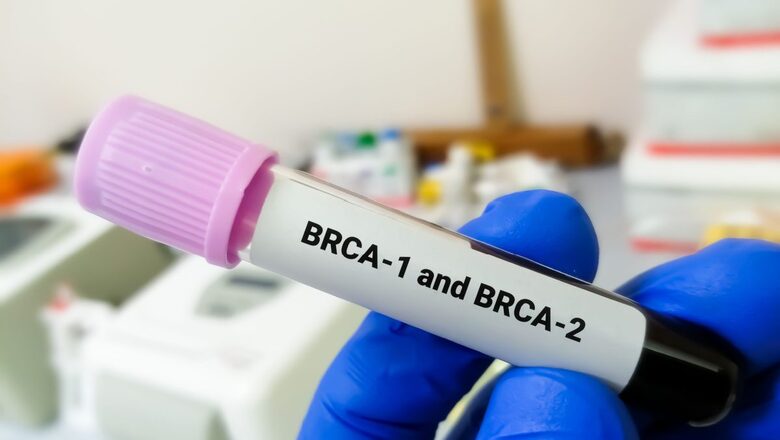
views
BRCA gene testing has emerged as a critical tool in genetic screening, providing valuable insights into an individual’s risk of developing certain cancers. DNA serves as the genetic material within cells, containing the instructions known as genes that dictate cellular functions. Adverse alterations in these genes, referred to by healthcare professionals as variants or mutations, can elevate the susceptibility to cancer. Particularly, mutations in the BRCA1 and BRCA2 genes have been linked to an increased susceptibility to breast and ovarian cancers.
What is BRCA Gene Testing?
BRCA gene testing involves the analysis of the BRCA1 and BRCA2 genes to identify any mutations or abnormalities. These genes play a pivotal role in suppressing the growth of tumors. Mutations in BRCA1 and BRCA2, however, can compromise their tumor-suppressing functions, leading to an elevated risk of certain cancers.
Who Should Consider BRCA Gene Testing?
While BRCA gene testing is not essential for everyone, it is recommended for individuals with a personal history of breast or ovarian cancer at a young age or those with aggressive forms of cancer, such as triple-negative, at any age. Individuals without cancer but with a significant family history of breast, ovarian, or prostate cancer should seek genetic counseling to determine if testing would be beneficial for them.
The Process:
BRCA gene testing typically involves a simple blood sample or saliva test. The collected sample is then analyzed in a laboratory to identify any mutations in the BRCA1 and BRCA2 genes. Certain other genes assess the risk of developing cancer syndromes, and counselors might recommend testing for them based on the family’s history of cancer. The results can provide individuals and their healthcare providers with crucial information to assess cancer risk and develop personalized prevention or monitoring strategies.
Interpreting Results:
Interpreting BRCA gene test results requires the expertise of healthcare professionals, particularly genetic counselors. A positive result indicates the presence of a mutation, signifying an increased risk of developing breast or ovarian cancer. The result might sometimes be reported as VUS which, indicating an unknown variation in the gene, for which no intervention is advised. A negative result, on the other hand, suggests that the individual is not at an increased risk. It is important to note that a negative result does not eliminate the possibility of developing cancer, as other genetic and environmental factors contribute to overall risk.
What Comes Next?
For individuals testing positive for BRCA gene mutations, proactive measures can be taken to manage and reduce cancer risk. This may include increased surveillance, early detection screenings, or preventative measures such as risk reducing surgeries to remove the breasts and ovaries before cancer develops. It is crucial for individuals to work closely with healthcare professionals to develop a personalized plan based on their specific genetic profile and risk factors.
Understanding the basics of BRCA gene testing is essential for individuals contemplating the procedure, as it empowers them with knowledge that can inform crucial healthcare decisions.


















Comments
0 comment